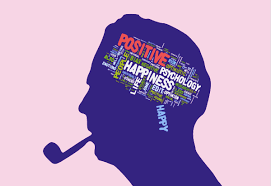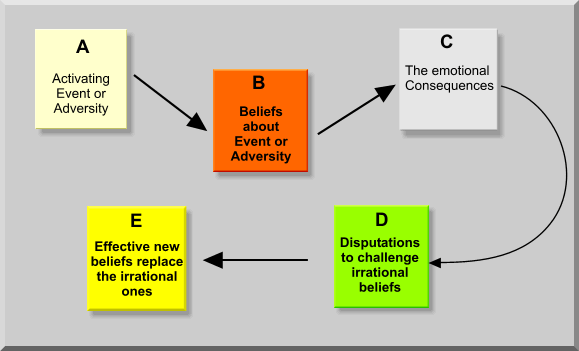ABC technique for optimism
Optimists are more happy, healthy and less stressed than pessimists. Already these three things are enough to want to develop a positive attitude towards the world. In addition, optimists (not to be confused with hedonists) immediately begin to solve the problem and collect facts instead of complaining and complaining about fate. When you are happy, then more motivated, and your brain works several times better. In a word, there are some advantages to this way of thinking.
About the ABC technique
This technique was created by the psychologist Albert Ellis. Subsequently, it was reworked by another psychologist Martin Seligman and published in the book "Learned Optimism".

Misfortunes;
In short, first we encounter a misfortune (or an activating event, according to Ellis' original theory). The way we think about it is called persuasion. Our beliefs influence what we do next and lead to consequences.
A key moment comes between misfortune and persuasion. When we face misfortune, our tendency to explain it to ourselves directly affects our way of thinking and our attitude to the problem. Seligman calls this moment "explanatory style" and notices that it is a habit that affects our horizons.

Consistency
Pessimists subconsciously assume that the cause of the problem will be constant, optimists believe that the event and its cause are temporary.
If a pessimist had a terrible day and he made a lot of mistakes at work, he would consider himself worthless and incompetent person. The optimist in this case will think: "I was untalented today." The difference seems inconsequential, but in fact it demonstrates a huge difference between the two ways of thinking.
The pessimist will think: "My life is pointless," the optimist will say to himself: "At the moment I have no purpose."
And again, the difference seems insignificant.